West Virginia, often called the “Mountain State,” offers stunning natural scenery that attracts many travelers. If you’re planning a road trip through its rolling hills and picturesque landscapes, you might wonder about the practicalities of your journey, including where you can rest. A common question for budget-conscious travelers or those on long hauls is whether it’s permissible to sleep in your car. This article delves into the laws and regulations surrounding this practice in West Virginia.
The Legality of Sleeping in Your Car: A State-Level View
At the state level, West Virginia does not have a specific law that explicitly prohibits sleeping in your vehicle. However, this does not mean you can park and sleep anywhere you please. The legality often depends on where you are parked and for how long. Several other laws can come into play, making what seems like a simple act a legally complex issue.
Navigating Parking Regulations
Understanding parking rules is crucial. While you might not get a ticket for the act of sleeping itself, you can certainly be fined for parking illegally.
-
Rest Areas and Welcome Centers: West Virginia’s rest areas are generally intended for short-term breaks. While a quick nap might be overlooked, extended overnight stays are often discouraged. State regulations typically limit parking at rest areas to a few hours to prevent them from turning into de facto campgrounds. Signs at these locations will usually specify the maximum duration you can park your vehicle. Exceeding this limit can result in a request to move along by law enforcement or even a citation.
-
Public Streets and Roads: Parking on the shoulder of a highway is generally illegal and unsafe, except in emergencies. In residential areas, local ordinances will dictate parking rules. Some municipalities have restrictions on how long a vehicle can be parked in one spot, often to prevent abandoned vehicles and to ensure street cleaning can occur. Sleeping in your car in a residential neighborhood might also attract suspicion from residents, leading to a call to the police for a “wellness check.” While not illegal in itself, this can be an uncomfortable and disruptive experience.
-
Commercial and Private Property: Parking on private property, such as a Walmart parking lot or a shopping mall, requires the permission of the property owner. Many 24-hour businesses, like Walmart, have historically been lenient with overnight RV and car campers. However, policies can vary by location, and it’s always best to check with the store manager before settling in for the night. Parking on private property without permission is considered trespassing, which is a criminal offense.
Loitering and Vagrancy Laws
While “vagrancy” laws are now largely considered unconstitutional, related “loitering” statutes are still in effect in many places. If you are parked in a way that obstructs public access or in a place known for criminal activity, you could be approached by law enforcement. The context of where you are and what you are doing matters. Sleeping in your car in a well-lit, designated parking area is less likely to be viewed as loitering than doing so in a dark alley.
The Influence of Local Ordinances
Cities and counties in West Virginia can and do enact their own ordinances that may be stricter than state law. For example, a city might have a specific ordinance against camping in vehicles within city limits to address concerns about homelessness or public nuisance. Before you decide to sleep in your car in a particular town or city, it’s wise to check the local municipal code. A quick search on the city’s official website or a call to the local police department’s non-emergency line can provide clarity.
Designated Camping Areas
For those who wish to sleep in their vehicles legally and safely, designated campgrounds are the best option. West Virginia has numerous state parks, national forests, and private campgrounds that offer spots for car camping.
-
State Parks and National Forests: Places like the Monongahela National Forest or Coopers Rock State Forest offer designated camping areas where you can legally park and sleep in your vehicle for a fee. These sites often provide basic amenities like restrooms and running water, making for a more comfortable experience.
-
Private Campgrounds: These facilities also offer safe and legal places to park overnight. They often have more amenities than public campgrounds, such as showers, laundry facilities, and Wi-Fi.
Best Practices for Sleeping in Your Car
If you find yourself needing to sleep in your car in West Virginia, following these best practices can help you stay safe and on the right side of the law:
-
Choose Your Location Wisely: Opt for well-lit, safe, and legal parking spots. Rest areas (for short durations), 24-hour business lots (with permission), and designated campgrounds are your best bets.
-
Be Discreet: Try not to draw attention to yourself. Use window shades for privacy and to block out light. Avoid setting up a campsite outside your vehicle.
-
Prioritize Safety: Lock your doors and crack a window for ventilation. Be aware of your surroundings and have your keys readily accessible.
-
Know the Rules: Research local ordinances and the policies of any private property you intend to use. When in doubt, ask for permission.
-
Arrive Late, Leave Early: If you are in a location that is not a designated campground, it is best to arrive late at night and leave early in the morning to minimize your presence.
While there is no statewide ban on sleeping in your car in West Virginia, the practice exists in a legal gray area. By understanding the nuances of parking regulations, loitering laws, and local ordinances, you can navigate your journey through the Mountain State without running into legal trouble. Always prioritize safety and respect for public and private property.
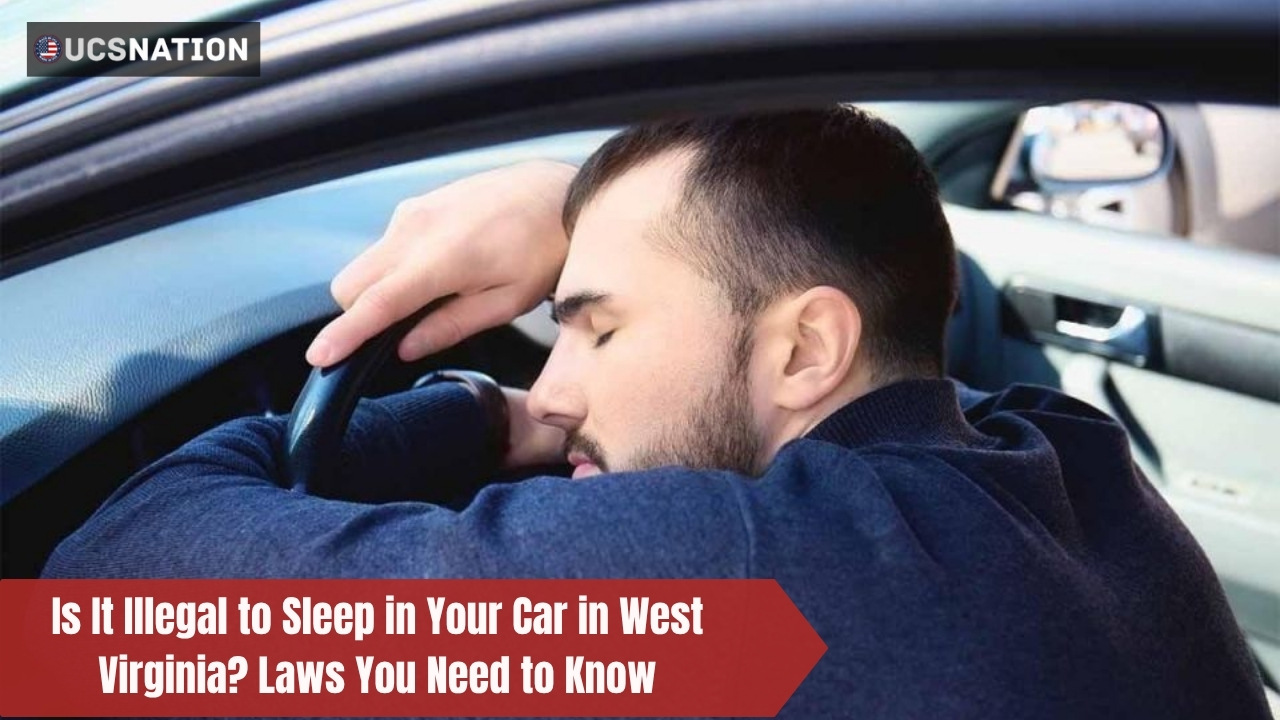
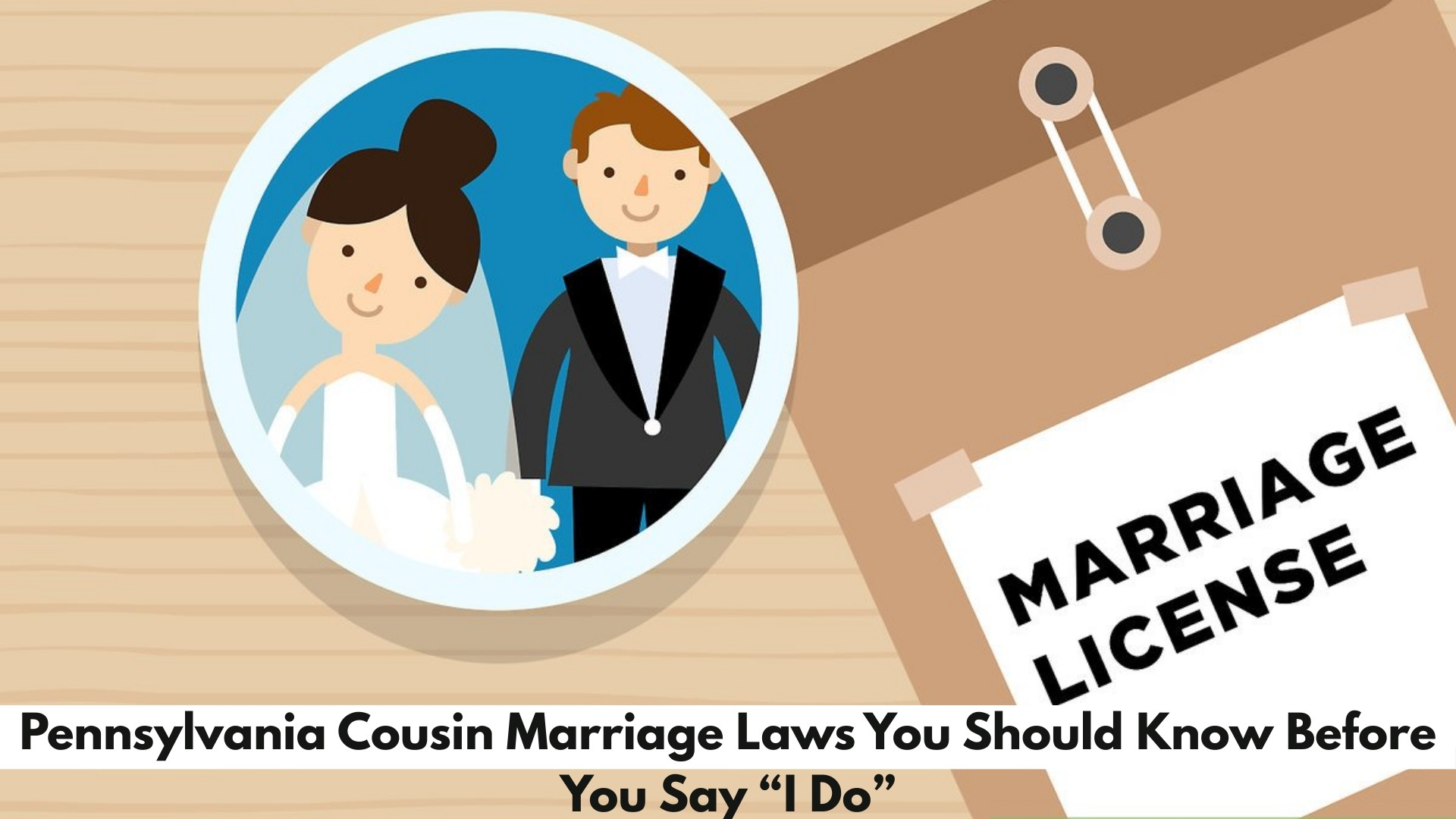

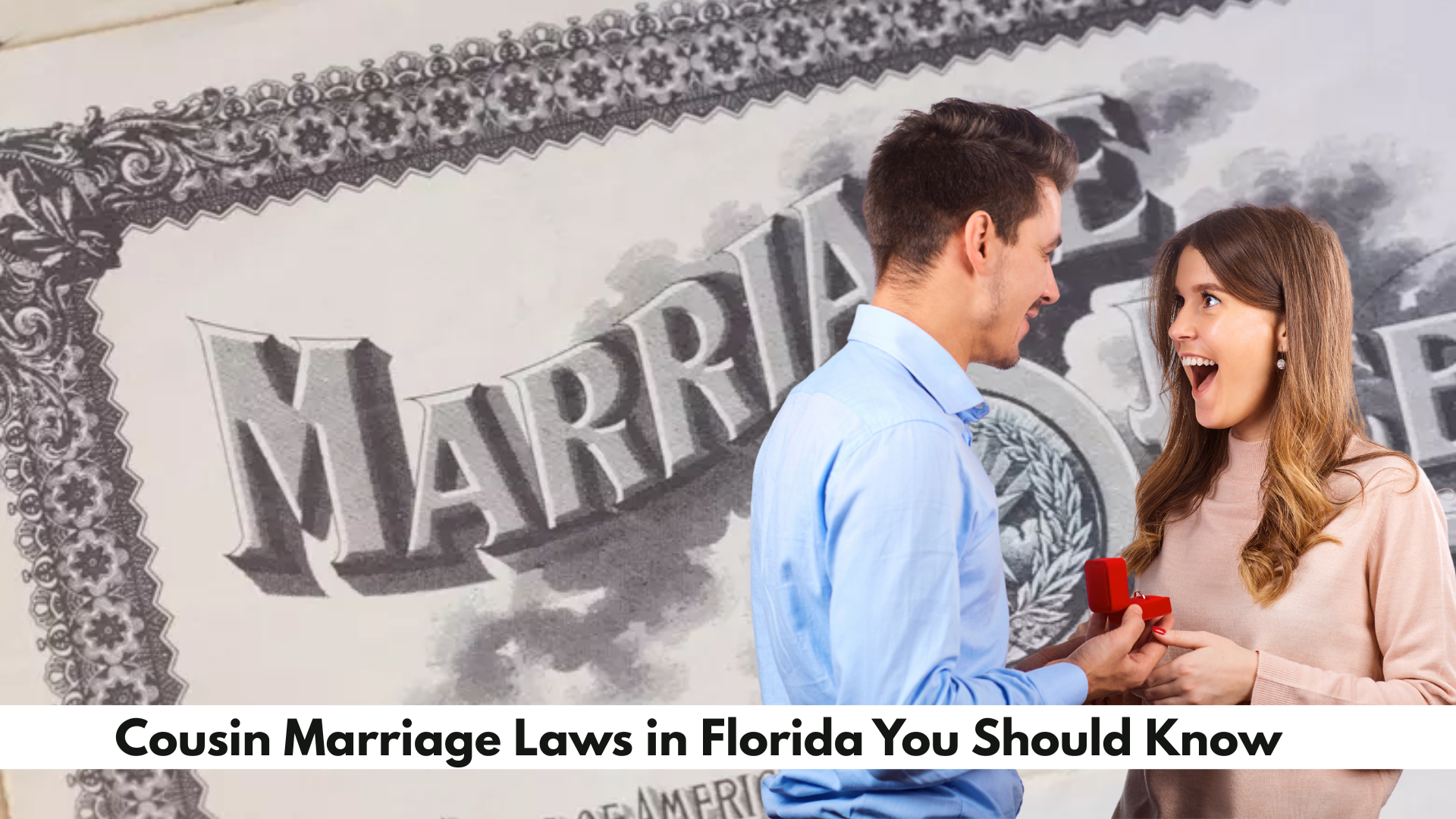
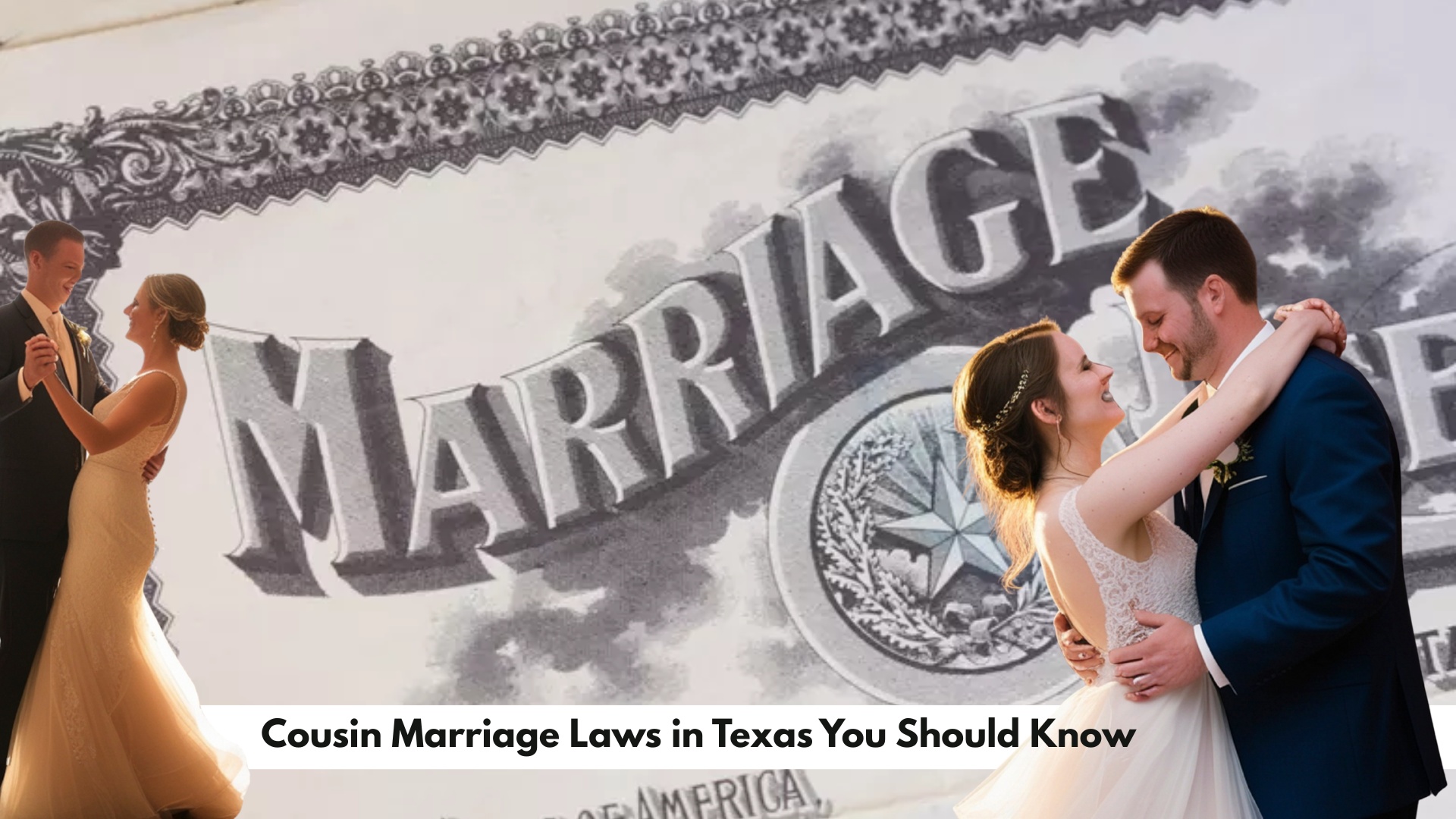

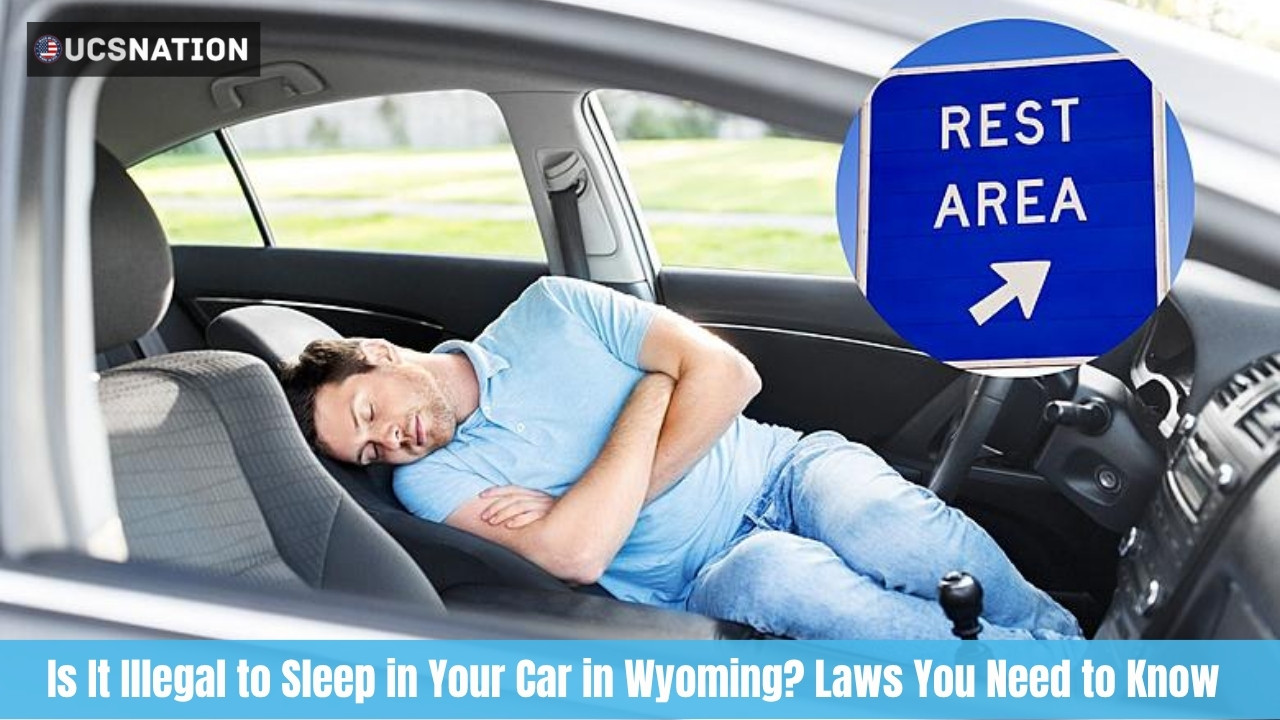
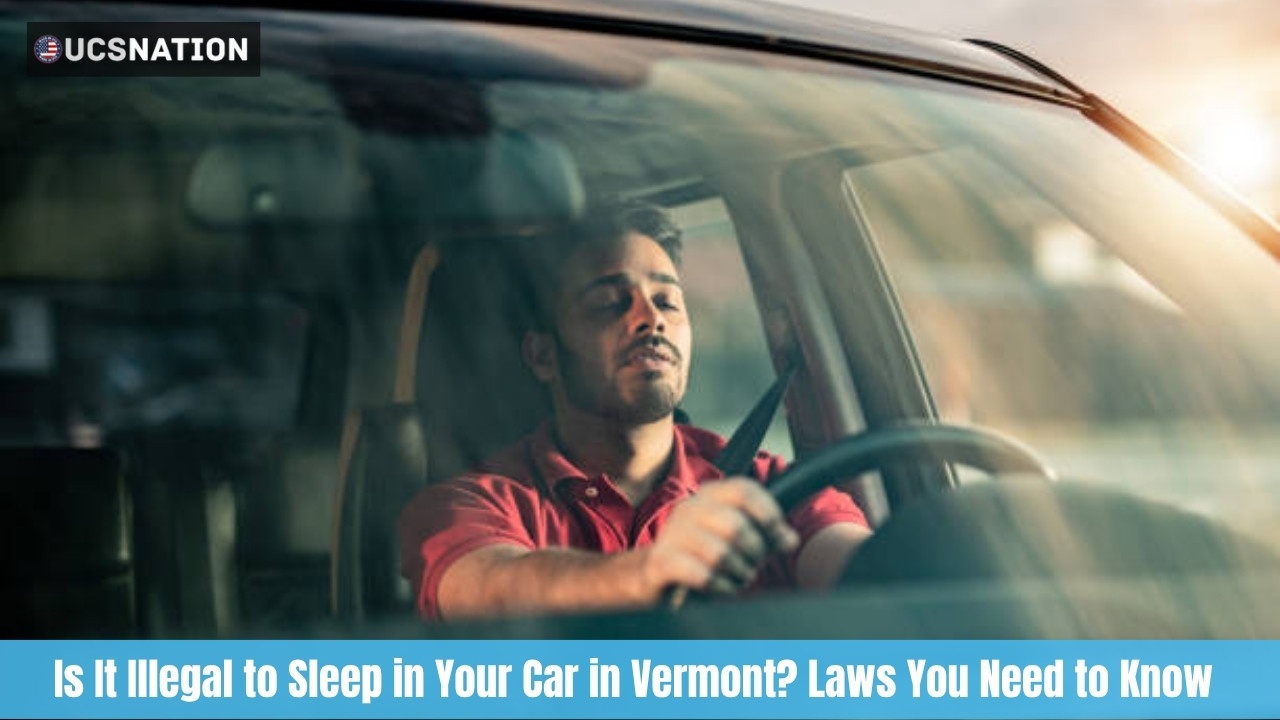
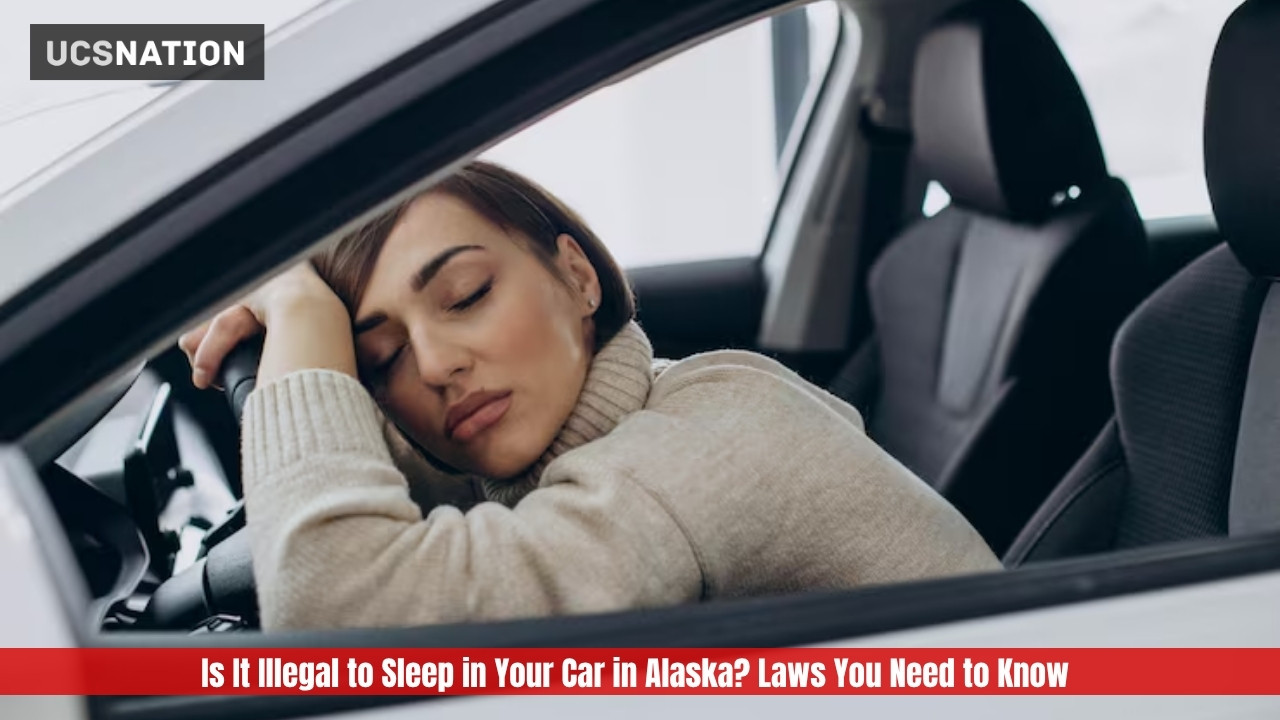
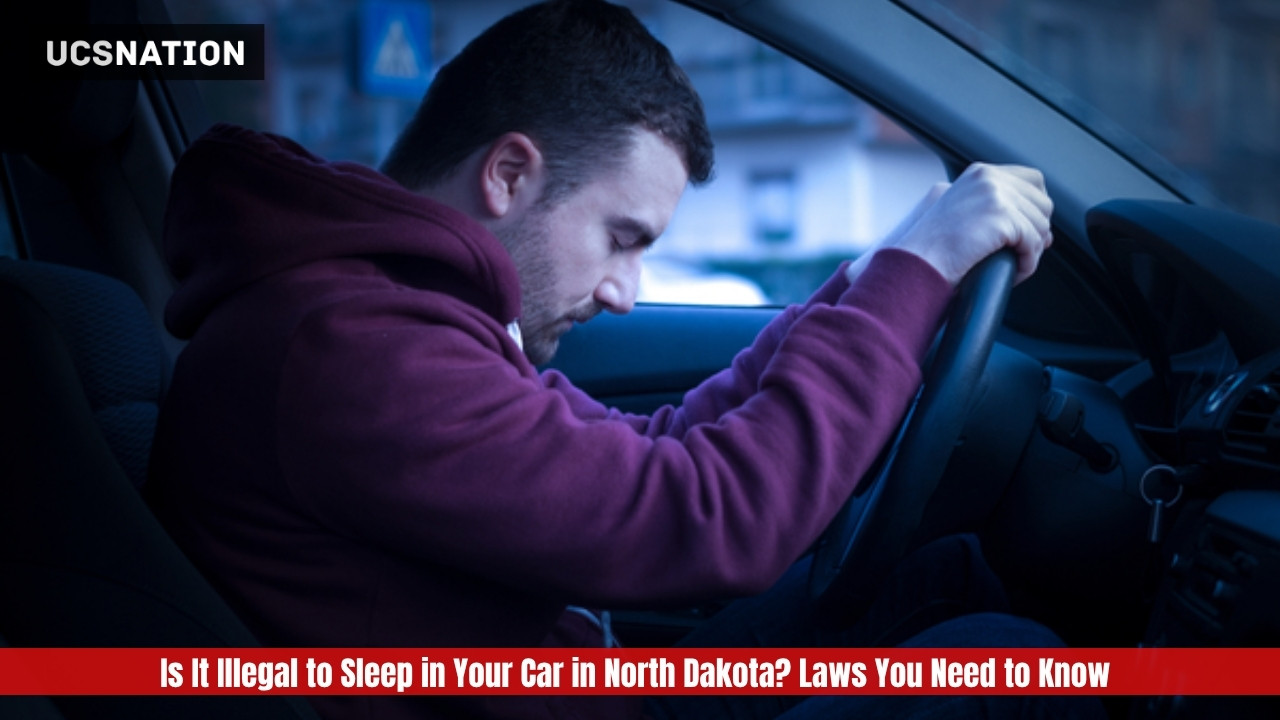
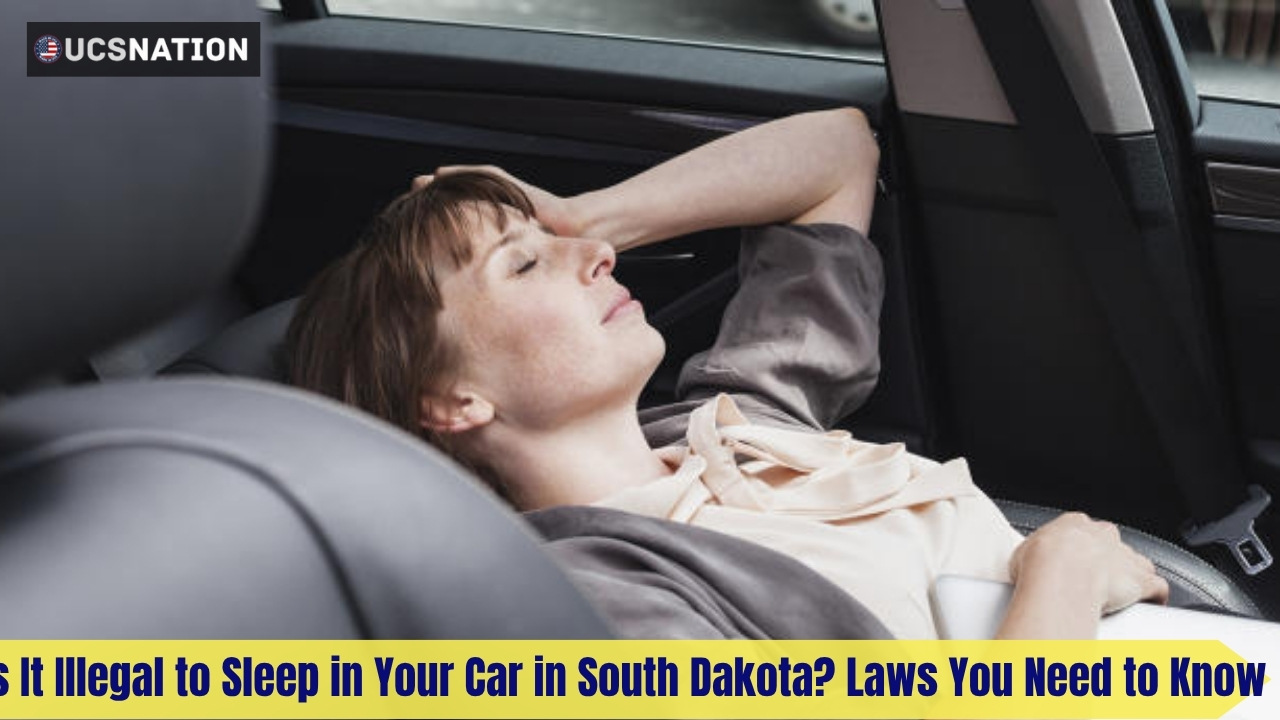




Leave a Reply